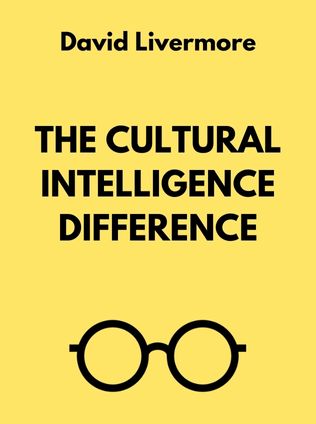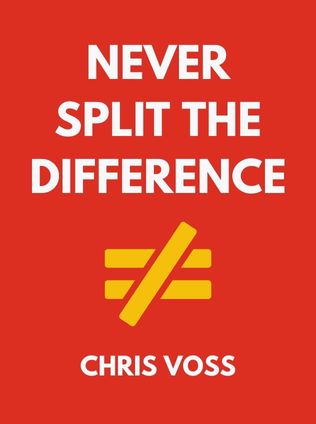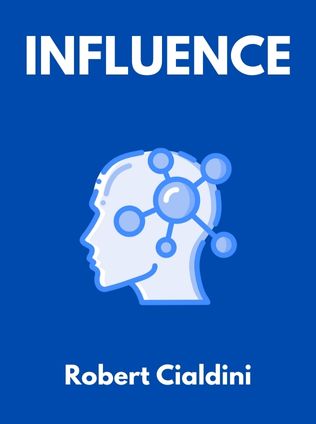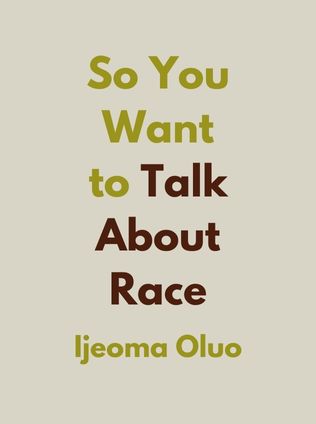
The Cultural Intelligence Difference
Master the One Skill You Can’t Do Without in Today’s Global Economy
By David Livermore
Published 05/2011
About the Author
David Livermore, Ph.D., is a renowned expert in cultural intelligence (CQ). He serves as the president and partner at the Cultural Intelligence Center and is a visiting research fellow at Nanyang Technological University in Singapore. Dr. Livermore has consulted and trained leaders in over 100 countries, sharing his insights on how to navigate and thrive in a culturally diverse world. His previous works, including Leading with Cultural Intelligence, have established him as a thought leader in this field.
Main Idea
The Cultural Intelligence Difference by David Livermore delves into the concept of Cultural Intelligence (CQ), emphasizing its crucial role in today's global economy. The book is a comprehensive guide to understanding, assessing, and enhancing one's CQ, which is vital for effective communication, leadership, and collaboration in culturally diverse settings. Livermore presents practical strategies and real-world examples to illustrate how CQ can be developed and applied to achieve success in various multicultural contexts.
Table of Contents
- An Introduction to CQ
- CQ Drive
- CQ Knowledge
- CQ Strategy
- CQ Action
- Concluding Thoughts
An Introduction to CQ
Cultural Intelligence, or CQ, is defined as the capability to function effectively in a variety of cultural contexts, including national, ethnic, organizational, and generational. It goes beyond mere awareness of cultural differences; CQ encompasses problem-solving and adaptive behaviors that enable individuals to interact successfully with people from different cultural backgrounds.
CQ is increasingly recognized as a critical skill in the globalized world, where diverse teams and international collaborations are common. Research shows that CQ strongly correlates with improved communication, leadership effectiveness, and job performance.
What is Cultural Intelligence?
According to Livermore, CQ involves understanding different cultures and effectively adapting one's behavior to various cultural settings. It's not just about knowing the differences between cultures but also about solving problems and making effective adjustments in these settings.
"CQ is about more than understanding cultural differences. It's about solving problems and adapting effectively in any cultural context." — David Livermore
What Does High Cultural Intelligence Look Like?
Livermore outlines a progression from low to high CQ:
- CQ 1.0: Reacting to external stimuli based on one's cultural context.
- CQ 2.0: Recognizing other cultural norms and being motivated to learn more about them.
- CQ 3.0: Accommodating other cultural norms into one's thinking and explaining how culture impacts responses.
- CQ 4.0: Adapting and adjusting thinking and behavior to align with other cultural norms.
- CQ 5.0: Automatically adjusting thinking and behavior when receiving appropriate cues, often subconsciously.
Individuals with high CQ possess a repertoire of strategies and behaviors that allow them to navigate unfamiliar cultural settings effectively.
Benefits of Increasing Your CQ
Enhancing CQ offers numerous benefits, including:
Sign up for FREE and get access to 1,400+ books summaries.
You May Also Like
How To Win Friends and Influence People
The All-Time Classic Manual Of People Skills
By Dale CarnegieQuiet: The Power of Introverts
The Power of Introverts in a World That Can't Stop Talking
By Susan CainThe Lean Startup
How Today's Entrepreneurs Use Continuous Innovation to Create Radically Successful Businesses
By Eric RiesWho Moved My Cheese?
An Amazing Way to Deal with Change in Your Work and in Your Life
By Spencer Johnson, M.D.Make Your Bed
Little Things That Can Change Your Life...And Maybe the World
By William H. McRaven



















